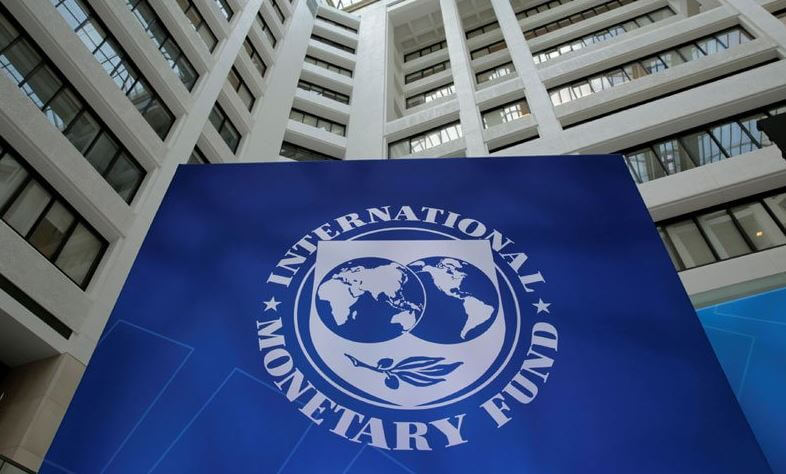The Central Bank of Nigeria (CBN) has officially withdrawn its directive for banks and other financial institutions to impose a cybersecurity levy on electronic transfers.
This move follows the suspension of the levy by President Bola Tinubu.
Initially, on May 6, the CBN mandated all commercial, merchant, non-interest, and payment service banks, alongside mobile money operators and payment service providers, to charge a 0.5 percent cybersecurity levy on electronic transfers.
This directive was in accordance with the newly enacted Cybercrime (Prohibition, Prevention, etc.)
Amendment Act of 2024, which aimed to fund the national cybersecurity initiative through these charges. The collected levies were to be remitted to the national cybersecurity fund and managed by the Office of the National Security Adviser (ONSA).
However, in a circular titled ‘Re: Cybercrimes (Prohibition, Prevention, ETC) (Amendment) Act 2024 — Implementation Guidance on the Collection and Remittance of the National Cybersecurity Levy,’ dated May 17 and made public on May 19, the CBN announced the withdrawal of this directive.
The circular was signed by Chibuzo Efobi, Director of the Payments System Management Department, and Haruna Mustafa, Director of the Financial Policy and Regulation Department.
“The Central Bank of Nigeria circular dated May 6, 2024 (Ref:PSMD/DIR/PUB/LAB/017/004) on the above subject refers,” the CBN stated. “Further to this, please be advised that the above referenced circular is hereby withdrawn. Please be guided accordingly.”
The withdrawal came shortly after President Bola Tinubu’s directive on May 14, which called for the suspension of the cybersecurity levy.
President Tinubu instructed the CBN to halt the implementation and review the modalities for its execution, reflecting concerns over the levy’s potential impact on the financial sector and electronic transactions.












